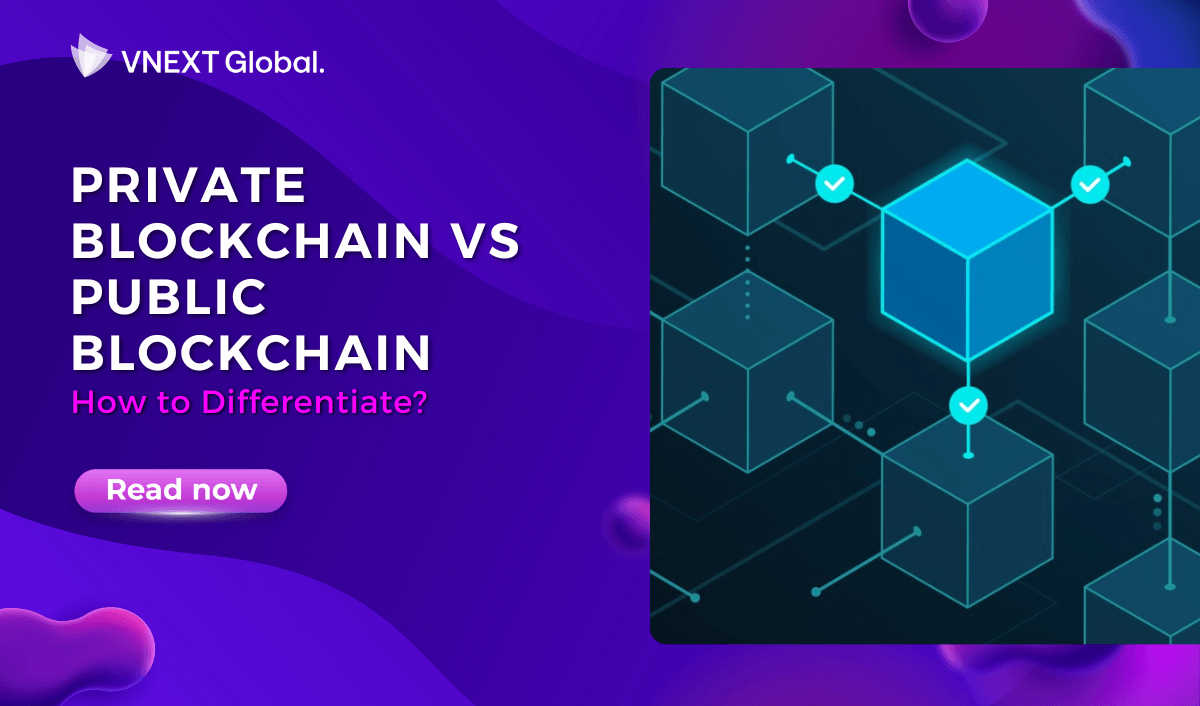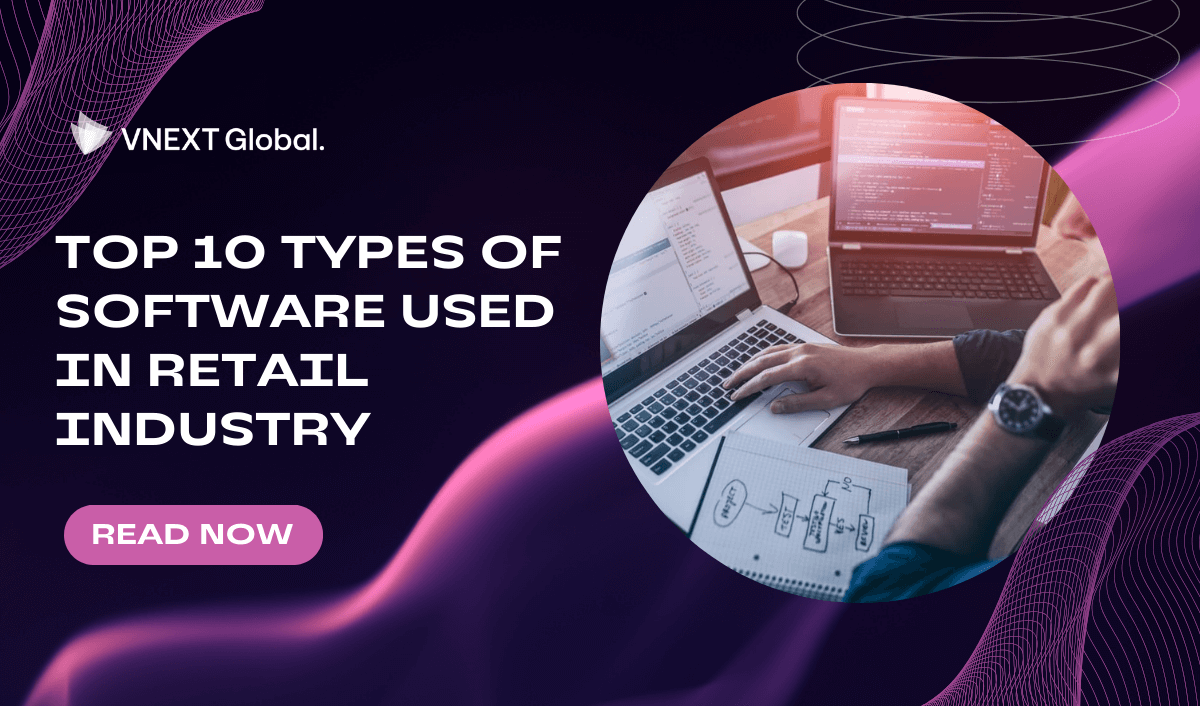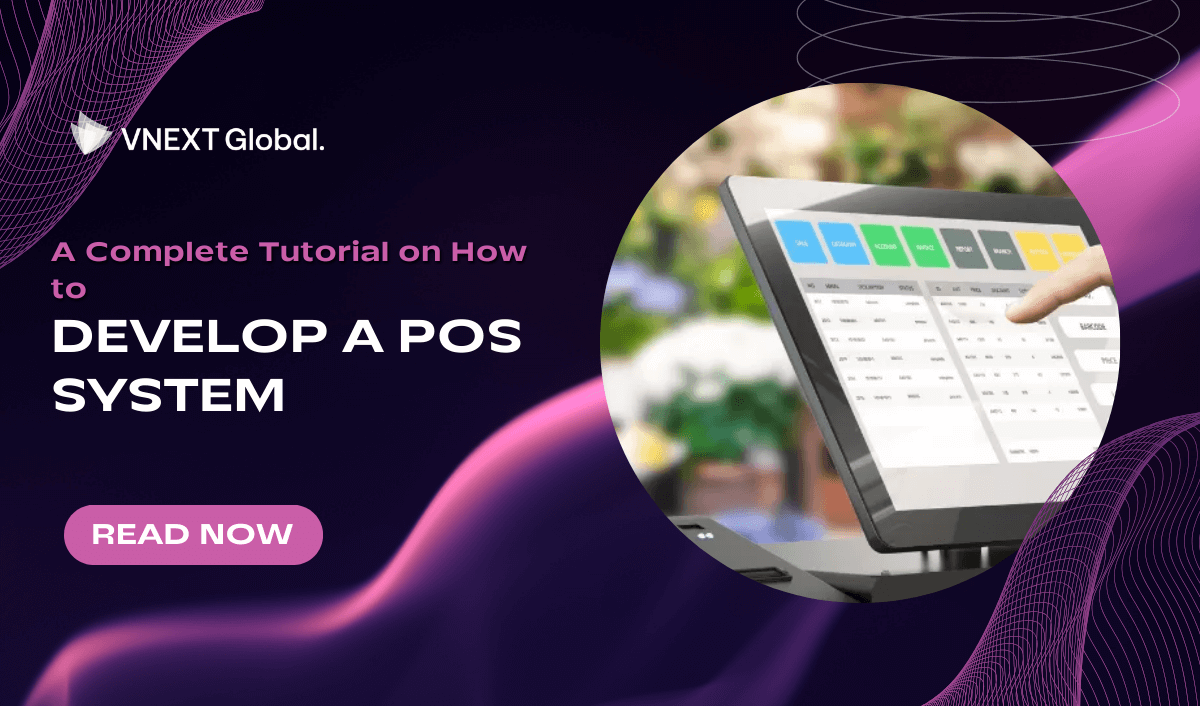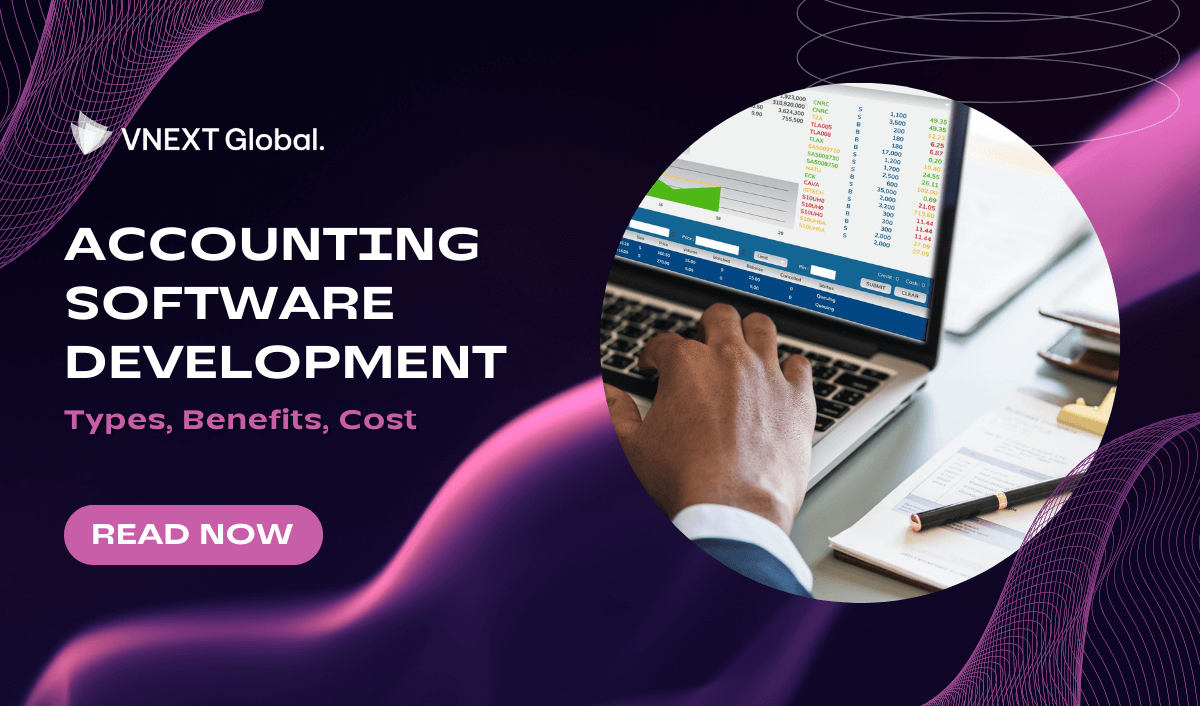Private Blockchain vs Public Blockchain: How to Differentiate?
Blockchain technology has revolutionized the way we conduct transactions, store data, and manage information. Recently, a survey conducted by Deloitte found that 53% of executives believe that blockchain technology has become a critical priority for their organizations. With its decentralized and tamper-proof nature, it has emerged as a powerful tool for industries like finance, healthcare, logistics, and more. However, not all blockchains are the same. There are two broad categories of blockchains: private and public. In this blog, we will explore the differences between these two types of blockchains and provide examples to illustrate their applications.
1. What is a Private Blockchain?
A private blockchain is a type of blockchain where access is restricted to a select group of participants. Unlike public blockchains, which are open to anyone, private blockchains are designed for use within a specific organization or network. These blockchains are also referred to as permissioned blockchains since they require permission to join and participate.
One of the key advantages of private blockchains is that they offer greater control and privacy over data. Since only approved participants can access the blockchain, it is easier to manage and secure. Additionally, private blockchains can be faster and more efficient since they are not subject to the same computational requirements as public blockchains.
• Examples of Private Blockchains
Hyperledger Fabric - Hyperledger Fabric is a popular open-source blockchain platform that is designed for enterprise use. It provides a modular architecture that allows for flexible deployment, and its permissioned network model allows for greater control and privacy over data. Hyperledger Fabric is used by industries like finance, healthcare, and supply chain management.
R3 Corda - R3 Corda is another popular blockchain platform that is designed for enterprise use. It is a permissioned blockchain that allows for secure and private transactions between parties. R3 Corda is used by industries like finance, insurance, and healthcare.

2. What is a Public Blockchain?
A public blockchain is a type of blockchain where anyone can participate and access the network. Public blockchains are decentralized and do not require permission to join. These blockchains are open and transparent, with all transactions visible to anyone on the network. Additionally, public blockchains are typically more secure since they rely on a consensus mechanism to validate transactions.
• Examples of Public Blockchains
Bitcoin - Bitcoin is the world's first and most famous public blockchain. It was created in 2009 and is used for peer-to-peer transactions without the need for intermediaries. Bitcoin transactions are validated by a network of users called miners, who compete to solve complex mathematical problems in exchange for rewards.
Ethereum - Ethereum is another popular public blockchain that was created in 2015. It is known for its smart contract functionality, which allows for the creation of decentralized applications (dApps). Ethereum transactions are validated by a consensus mechanism called Proof of Stake (PoS), which requires users to hold a certain amount of Ethereum in order to participate in network validation.

3. How to Differentiate Private and Public Blockchains?
The following table summarizes the key differences between private and public blockchains:
|
Criteria |
Private Blockchain |
Public Blockchain |
|
Access |
Restricted to select group of participants |
Open to anyone |
|
Governance |
Controlled by a central authority |
Decentralized |
|
Privacy |
Greater control and privacy over data |
Open and transparent |
|
Consensus |
Typically uses a permissioned consensus mechanism |
Uses a public consensus mechanism |
|
Use cases |
Used for enterprise applications and private transactions |
Used for peer-to-peer transactions and decentralized applications |

4. What are Some Other Types of Blockchains?
Apart from private and public blockchains, there are several other types of blockchains that are worth exploring:
- Consortium Blockchain - A consortium blockchain is a hybrid between private and public blockchains. It is a permissioned blockchain that is controlled by a group of organizations rather than a single entity. Consortium blockchains are typically used for industry-specific use cases where collaboration between different organizations is required.
- Hybrid Blockchain - A hybrid blockchain is a combination of both private and public blockchains. It allows for greater flexibility and scalability since different components of the blockchain can be designed to operate on different networks.
- Federated Blockchain - A federated blockchain is similar to a consortium blockchain but with a more decentralized approach. It allows for multiple parties to participate and control the network while still maintaining privacy and security.

Final thoughts
Private and public blockchains are two distinct categories of blockchain technology that have different applications and use cases. Private blockchains are designed for use within specific organizations or networks, offering greater control and privacy over data. Public blockchains, on the other hand, are decentralized and open to anyone, offering transparency and security through a public consensus mechanism. Understanding the differences between these two types of blockchains is important for businesses and organizations looking to implement blockchain technology into their operations. As blockchain technology continues to evolve, we can expect to see even more types of blockchains emerge, each with their own unique applications and use cases.
If you are looking for a trusted IT partner, VNEXT Global is the ideal choice. With 14+ years of experience, we surely can help you to optimize your business digitalization within a small budget and short time. Currently, we have 400+ IT consultants and developers in Mobile App, Web App, System Development, Blockchain Development and Testing Services. We have provided solutions to 600+ projects in several industries for clients worldwide. We are willing to become a companion on your way to success. Please tell us when is convenient for you to have an online meeting to discuss this further. Have a nice day!












